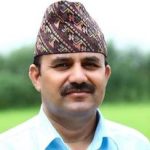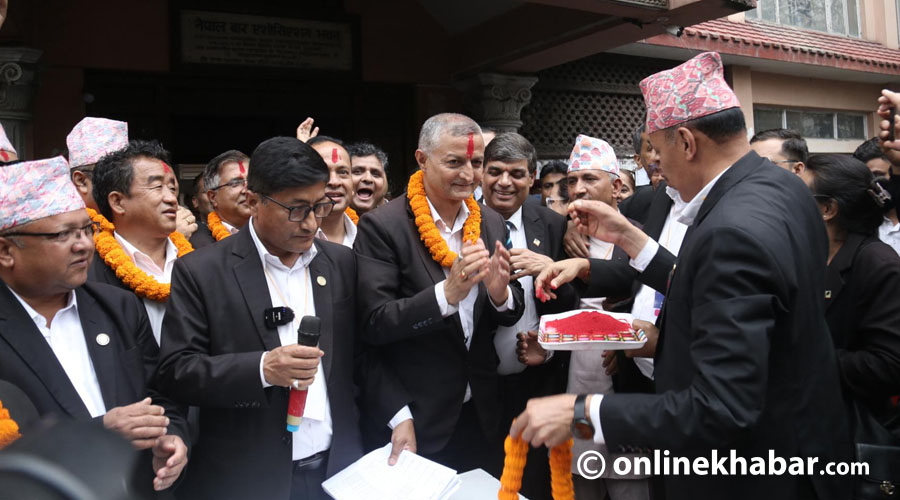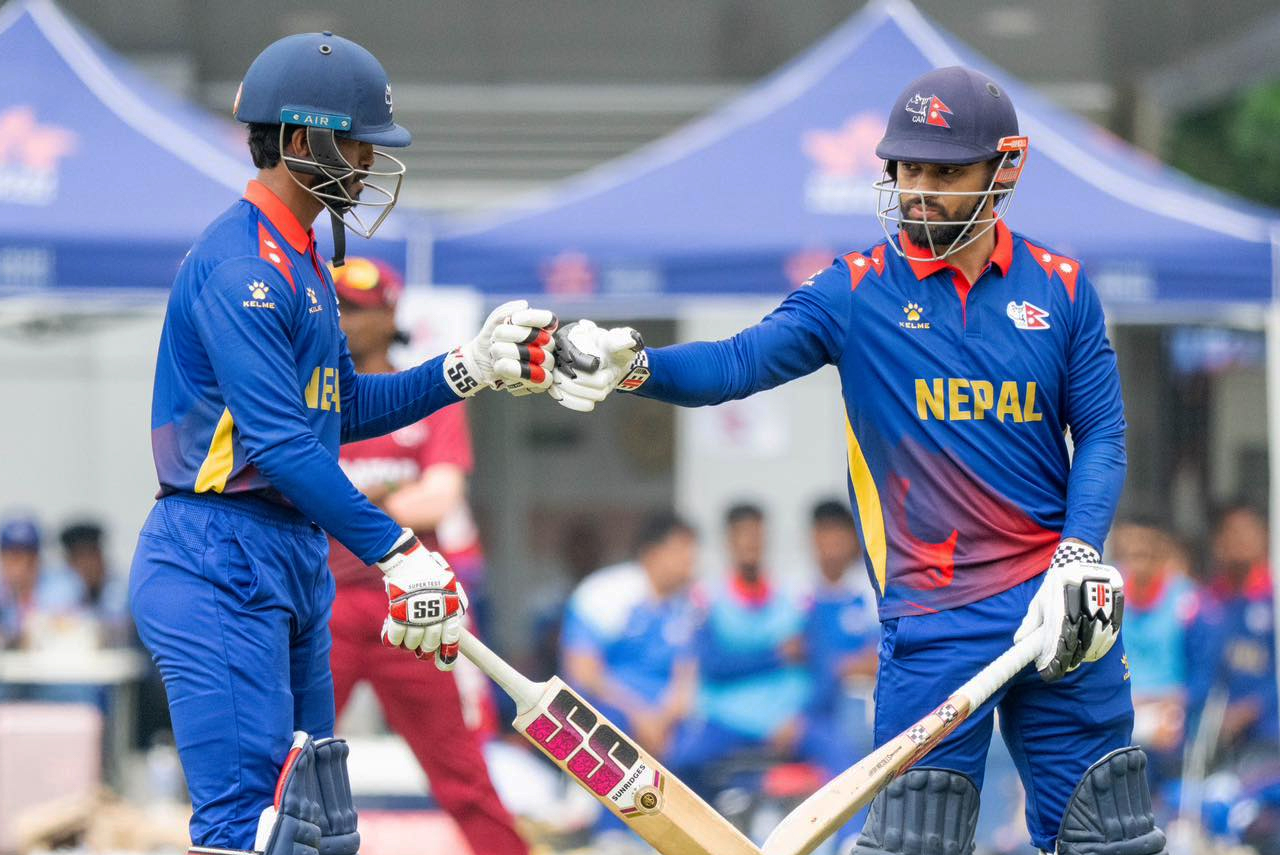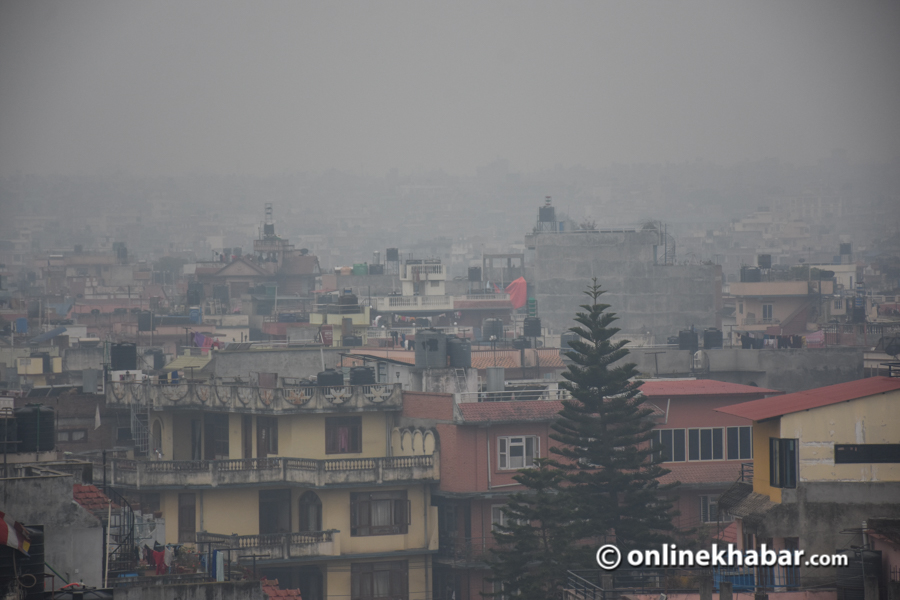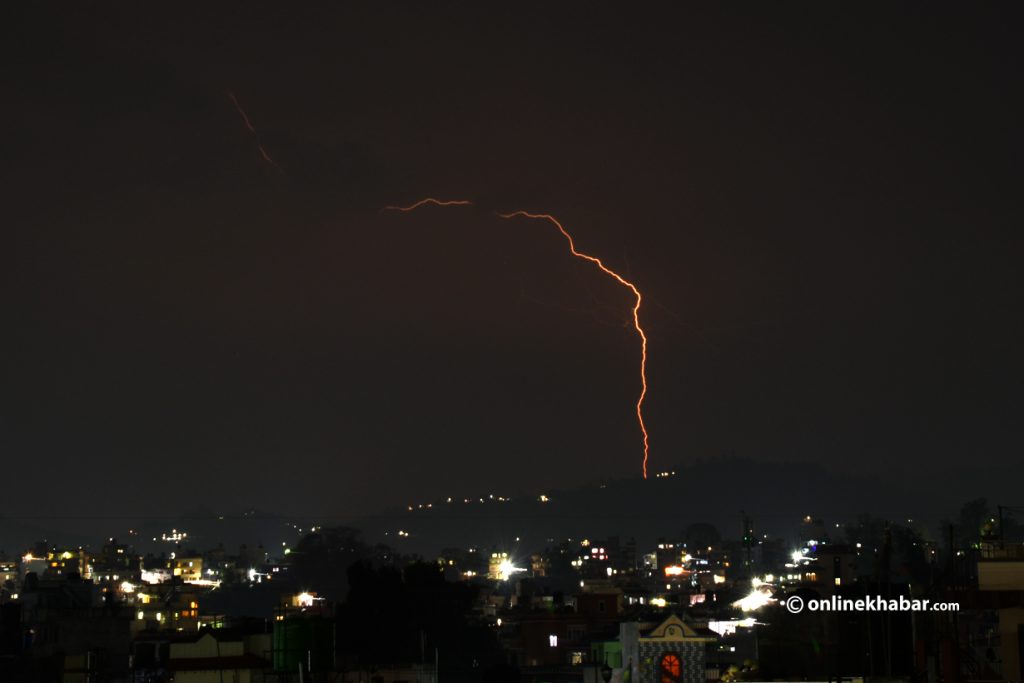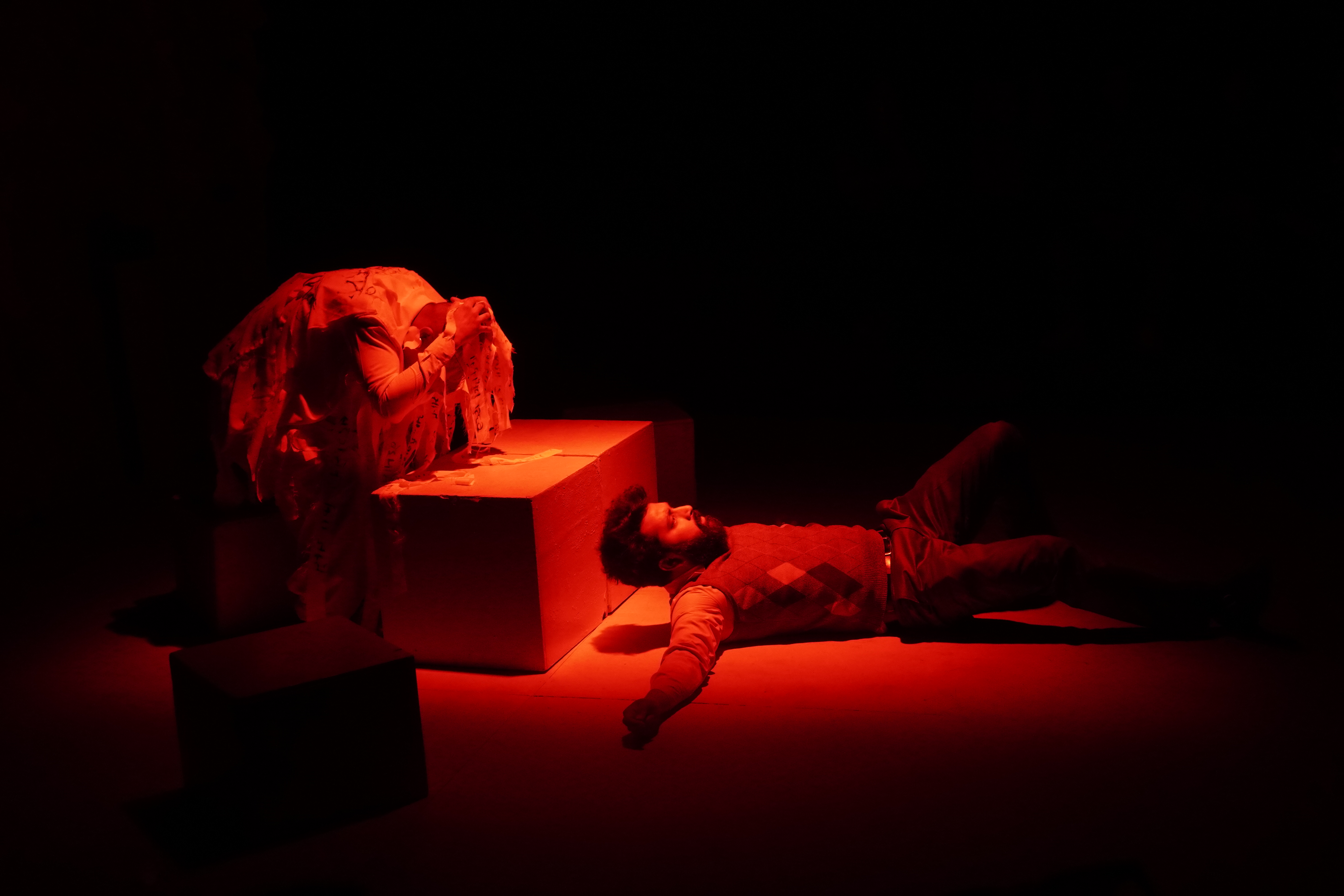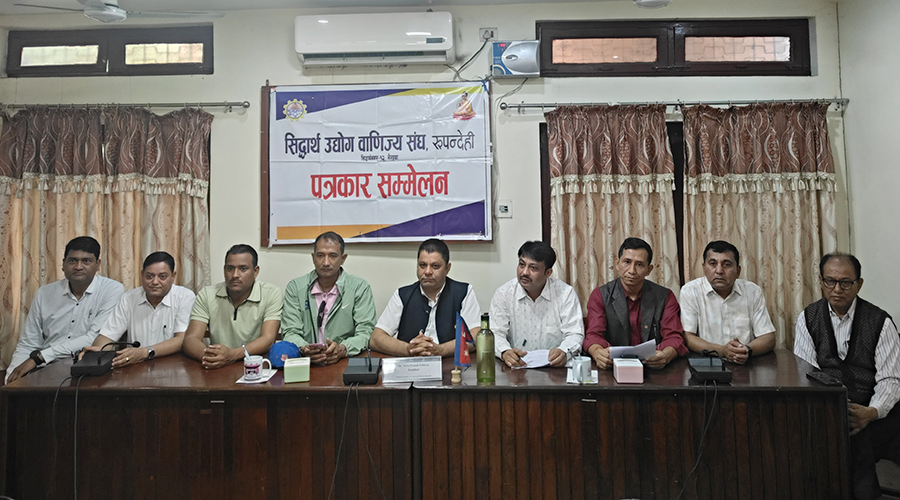Commentary
If ‘schooling’ is the process under which a person forms his ideology, then ‘deschooling’ happens when he departs from his ideology.
The latter has been used by many to describe the process Dr Baburam Bhattarai, the Marxist scholar, politician, and former rebel leader and Prime Minister, has brought upon himself by leaving the then UCPN(Maoist) to campaign for a new left-democratic party. The accusation comes from quarters with rigid ideologies, which consider the Naya Shakti a threat.
On 4 February, 1996, Bhattarai submitted a list of 40 demands to the government led by Nepali Congress Prime Minister Sher Bahadur Deuba, threatening war if they were not met.
The demands related to ‘nationalism, democracy and livelihood’. They included an end to domination of foreign capital in Nepali industries, business and finance, abrogation of discriminatory treaties, including the 1950’s Nepal-India Peace and Friendship Treaty, and confiscation of land under the feudal system and its distribution to the landless and the homeless.
Dr Bhattarai and his comrades started an armed insurrection even before the ultimatum expired. The ‘war’ began with rebels clashing with police, and was confined to the same until April 26, 2006. It was then that Prachanda ordered a strategic rethink. His militia would now establish pockets of control, particularly in the hilly regions and in western Nepal. As for the 40-point charter of demands, they were whittled down to 24 during subsequent negotiations.
Dr Bhattarai was at one point in time senior Standing Committee Member and Senior Leader of the party. He was the ideologue of the Maoist party, which through its ‘People’s War’ had a huge impact on the politics in Nepal. Although political change came at the cost of 17,000 Nepalis, the ‘war’ was a major catalyst for Nepal’s transformation into a republic.
Being born to a peasant family in Khoplang VDC, Gorkha, on June 18, 1954, Bhattarai went to places, far beyond the imagination of his contemporaries. He received a Bachelor’s Degree in architecture from Punjab University in Chandigarh in 1977 and a Master’s Degree in planning at the School of Planning and Architecture in New Delhi in 1979. He earned a PhD in regional development planning from Jawaharlal Nehru University (also in New Delhi) in 1986.
Idolisation can soon turn into demonisation when the idol demurs and dissents.
The partial success of the rebellion, which Bhattarai led from the front, and his stellar academic record made the Maoist leader an idol for many.
Idolisation has always been a Nepali culture. Idolisation can soon turn into demonisation when the idol demurs and dissents. It is dogmatic to think that a good person makes no mistake. The same can be said of Bhattarai, an ordinary man. But he was presented as a creature beyond this world and even worshipped!
But the same Bhattrai is attacked with scathing propagandist remarks now. The way Bhattarai was looked upon has changed because he declined to think the way his former comrades think. He’s become the talk of the town for “conspiring against Marxism and the communist revolution.”
His challenge to the long-adhered model of a revolution has put many at unease. But it is the same challenge that has attracted the educated and the youth to join his campaign.
His challenge to the long-adhered model of a revolution has put many at unease. But it is the same challenge that has attracted the educated and the youth to join his campaign.
This is not the first time that Bhattarai has been looked down upon for not adhering to an ideology. When peace negotiations between the Maoists and the government began in early 2000, Bhattarai emerged as the leading voice of the party.
In early 2005, Bhattarai and Prachanda disagreed over the party’s strategy, and Bhattarai spent several months under virtual house arrest before being reinstated six months later.
But that did not deter him from playing an instrumental role in negotiations between the insurgents and the government.
When Bhattarai became Prime Minister, he inherited the major challenges of drafting and promulgating a new constitution, managing former Maoist fighters and reviving a stagnant economy. He played a crucial role in taking the peace process to a logical conclusion. He agreed to allow a caretaker government to hold fresh elections.
The gravest accusation levelled against him today is that he is incapable of resolving the contradictions of Marxism and Capitalism. But I say that as a conscious democrat and revolutionary, it is his duty to detach himself from dogma and play a decisive role in transforming Nepal.
In the crowd of deep-pocketed corrupts, he has been a role model for those who aspire to lead a simple life. Life is not subservient to dogma; theories and principles exist to make our lives easier. This is exactly what Dr Bhattarai needs to understand.
Bhattarai needs to understand that he can thwart attempts to defame him only when he is successful at practising what he is preaching. His reputation as an intellectual leader in the national and international arena can then be safeguarded.
As long as the Nepali people desire a truly new, democratic, economically strong Nepal, no status-quoist nor a regressive force can create any hindrances. He’d better ‘deschool’ himself further more. My advice for Dr Bhattarai: Never abandon democracy and the revolution.
(Kharel is a Lecturer at Kanakai Multiple Campus, Jhapa)
Photos: Baburambhattarai.com


